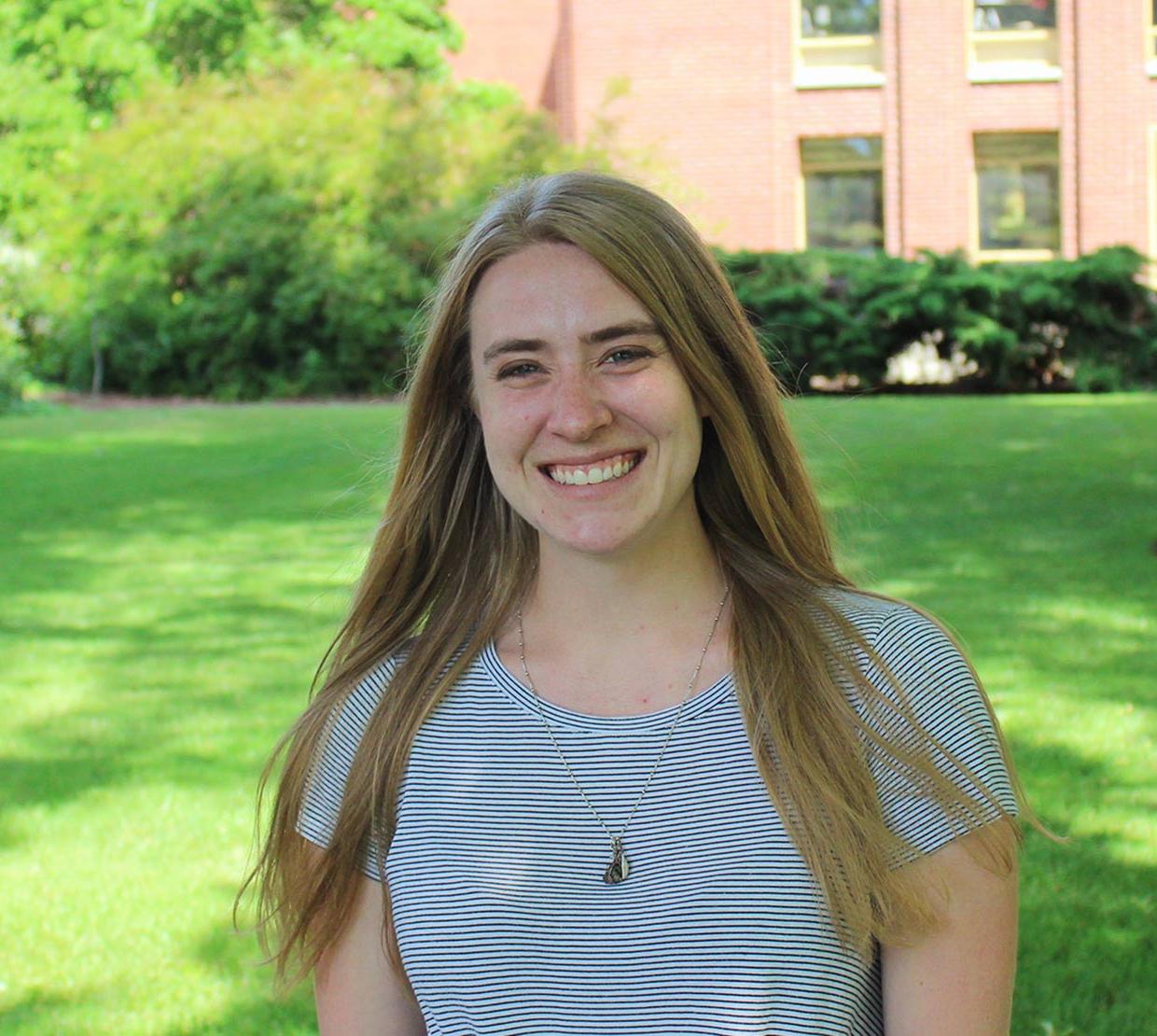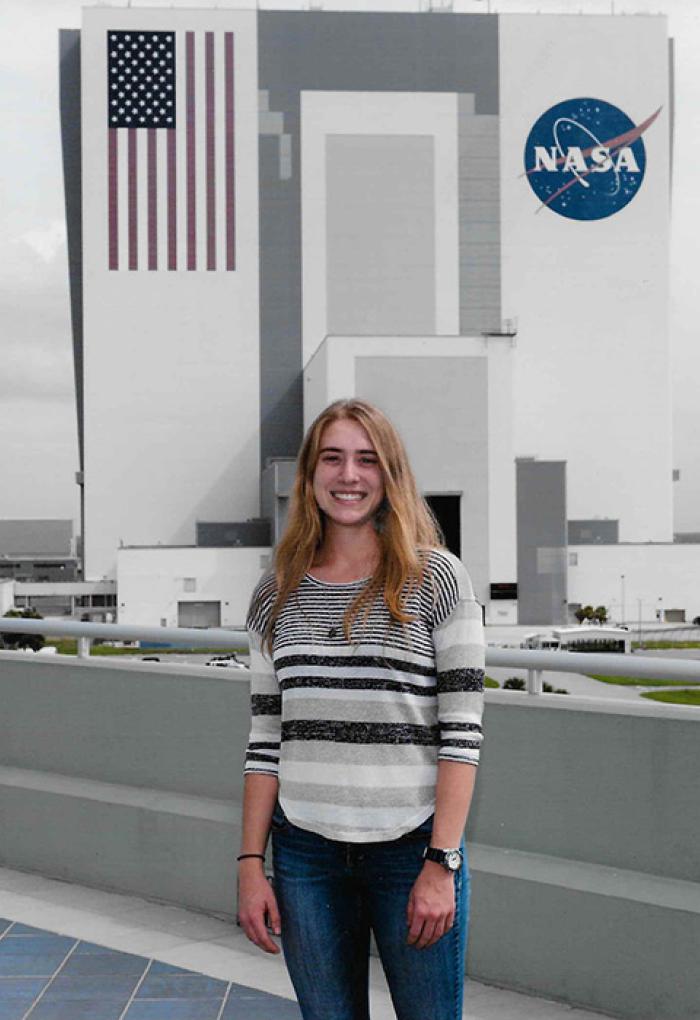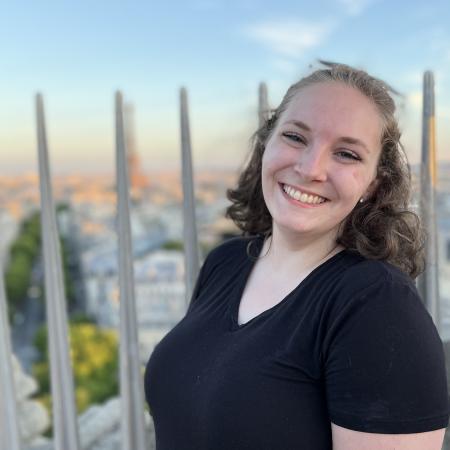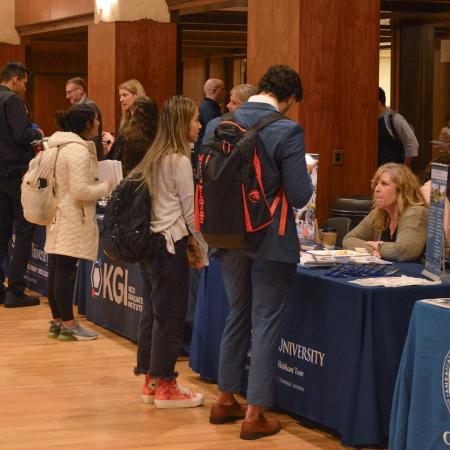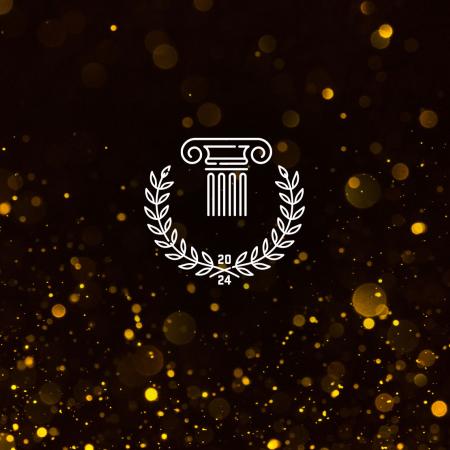Jessica envisions a career where she does analytic chemistry, microbiology and molecular science at NASA, while also bringing to bear knowledge gained from her minor in toxicology and experience working for three years in Kim Anderson’s Environmental Forensic Chemistry lab in the College of Agriculture.
“My ideal role is being able to have a hand in a lot of things – being able to do both microbiology and analytic-related things. That’s one of the reasons that NASA is so appealing to me. I want to be in a position where I get to look at like every little nitty gritty detail of something and be hands-on. And I’m hoping to get into the risk assessment side of things.”
Space research is important for so many reasons, Jessica explains. “One of the really big next steps in space research is figuring out what’s out there, and how do we live long enough to see what’s out there. There’s so much information that’s happening with materials testing and this whole idea about how do you keep a person alive in space with minimal resources.
“How are you going to provide oxygen? How are you going to provide food? How are you going to make sure you know if they get an infection that antibiotics are still viable? How are you going to make sure nothing becomes antibiotic resistant? A lot of those questions are still unanswered, and those big questions need to be answered in the next couple of years before we do any trip to Mars.”
And, she notes, funding for space research trickles down into everyday products we all use.
“Most of the research NASA funds to create a product for space ends out also getting released for the consumer market. When I was doing plant research in my internship, we had a slow-release fertilizer that also got released to the public market, as an example,” explains Jessica.
Given her zeal, it’s not surprising that Jessica’s favorite professors demonstrate an infectious passion for science and discovery. Every microbiology professor she had was terrific, says Jessica. “I’ve never met more supportive advisors and professors who just want to see you succeed. They are all amazing.”
Daniel Myles, an instructor in organic chemistry, was one of her first inspirational professors. “I really enjoyed how much he loved his job and being in class. He was my advisor for a while too and was just so encouraging.”
Rebecca Vega Thurber, an associate professor in microbiology, “is a bright light of sunshine,” says Jessica. “I took her class and loved how she was just so energetic and excited to talk about microbiology. Same thing with Kim Halsey, who was my first microbiology professor.”
To future science students considering different majors, Jessica shares that a microbiology major is “crazy fun,” especially for those who, like her, enjoy digging into open-ended inquiry.
“Rather than simply doing a problem set, the exams and homework assignments in microbiology are usually open-ended. They ask you to think about things in a broader sense and apply your previous learning – versus sitting down to an equation and barreling through it.”
The smaller class sizes and tight-knit community in microbiology help create an intimate atmosphere she has enjoyed. As upperclassmen, microbiology students end up as a small group all attending the same classes together.
A campus that feels like home
Jessica has loved calling OSU home for the last five years. Her attraction to the campus and the people was instantaneous. She visited a class with her brother, Adam Scotten (’17), walked around campus and hung out in his dorm for a day. “I knew then it was just right, and a month after that I got accepted.’”
For fun, Jessica enjoys trail running. “Corvallis is just the best place for that. I have a trail for every mood,” she explains. “I’ve been really big into it hiking, trails and backpacking since I was five. The outdoors has always been a really important for me, which is also probably why I fell in love with Corvallis.”
She also enjoys the arts, especially photography and painting, and she relished taking OSU’s Art of the Microbiome course. “I think the arts are the unsung hero of science’s imagination – and that being involved in the arts makes us better science professionals.”
Jessica found time to be active in student activities, volunteering as the STEM engagement coordinator for the Institute of Aeronautics and Astronautics (AIAA) Student Launch Initiative, one of the many rocketry teams at OSU. She also designed one of the payloads—a satellite, space probe or spacecraft carrying humans, animals or cargo—for the 2018-19 Experimental Sounding Rocketry Association team. The team designs, builds, and launches a new rocket every year.
Jessica would advise any future science student to keep asking questions, a key to her own accomplishments so far, she says. Once shy, her drive to understand more has turned her into “that person who will talk to you on an airplane.”
If you don’t ask questions, how will you learn? “Don’t learn information verbatim. Always figure out why,” she advises.
This mantra has enriched Jessica’s science education and opened doors she could have only imagined five years ago. She is excited to imagine what doors her science education will open to her next.
